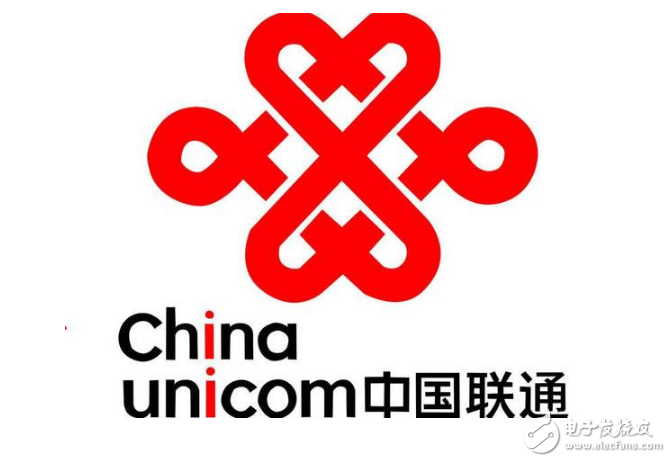China Unicom, as a benchmark for the reform of central enterprises, has drawn significant attention from both domestic and international observers in recent times. Following its mixed-ownership reform, China Unicom has become a key channel for internet giants to promote and implement their services. However, the journey hasn't been smooth. According to reports, from the closing price of 8.19 yuan on Thursday to today’s closing price, the stock fell by 15.01% over six trading days, with a market value loss of 37.1 billion yuan.
So, beyond stock performance, where is China Unicom heading after the mixed reform? As the first large-scale central enterprise to implement mixed ownership at the group level, China Unicom's reform plan has been finalized. Despite several setbacks, it is expected to achieve major principles and specific details as envisioned by its management. It's not easy to align with public expectations, especially when it comes to employee shareholding, which represents a groundbreaking change.
After an initial period of uncertainty, China Unicom employees have gradually become more rational, beginning to think critically about the goals, direction, and tools of the reform. Meanwhile, the broader Chinese telecom industry remains closely watching, as this isn't just about China Unicom anymore.
As time goes on, I believe that after the implementation of the mixed-reform program, several important issues deserve thoughtful analysis. These matters hold significant long-term value for China Unicom and the entire telecommunications sector.

How will the internet giants reshape China Unicom? Observations suggest that after the reform, these tech companies are using China Unicom as a platform to expand their business presence. For example, some office software and marketing tools are being rapidly integrated into various departments within the company.
These tools are inherently Internet-oriented, which can improve internal efficiency to some extent. While some may believe that internet companies can help modernize China Unicom's systems, this view might be overly optimistic. The complex legacy systems and rigid business rules of telecom operators are not appealing to internet firms, nor do they have the motivation to change them.
However, companies like Alibaba, Baidu, Tencent, and JD.com could still bring changes to certain non-core areas of China Unicom. These changes might not affect the core operations but could lead to meaningful improvements.
First, the operating model of China Unicom may shift from simply focusing on user numbers and pre-paid models to a more value-driven approach. With the experience of internet companies in maximizing user value, and their mature mobile services, the partnership will likely enhance cooperation efficiency and reduce coordination costs.
Second, the execution and delivery capabilities of China Unicom could see improvement through collaboration with internet companies. Compared to competitors, China Unicom's per capita productivity is relatively low, which has often led to missed opportunities due to slower execution.
Third, China Unicom may streamline its business portfolio, focusing on its strengths while potentially stepping back from less competitive areas. This would allow for differentiated competition, leveraging the R&D and distribution channels of internet companies.
Fourth, the cultural transformation driven by internet partners could foster a more innovative and agile mindset among employees, leading to positive changes in internal coordination, product design, and business operations. In this way, China Unicom could become one of the least traditional state-owned enterprises.
Ultimately, China Unicom must take responsibility for its own transformation. External support or policy interventions won’t solve deep-rooted problems. The reform offers a new opportunity for China Unicom to re-emerge and explore a new path for state-owned enterprise reforms and telecom industry transformation.
Looking at the history and current situation of China Unicom, there are several key points to consider:
1. China Unicom is not short of capital, despite its high debt ratio and low profit margin.
2. Innovation and internet thinking have always been present, as seen in collaborations with Weibo, Apple, WeChat, and others.
3. Overemphasis on marketing and underinvestment in network development have led to missed opportunities.
4. Lack of persistence and sustainability has hindered long-term growth.
The core of the mixed reform is to make China Unicom more market-oriented, ensuring that management and employees are accountable to users, profits, and shareholders. This requires four key changes: building a management team accountable to the board, investing in network quality, creating a user-focused incentive system, and exploring new growth areas outside of traditional telecom services.
In conclusion, the success of the mixed reform will ultimately depend on time and market testing. Some experts suggest that China Unicom needs "maintenance," but this implies fragility. If the reform is in line with trends, it should naturally grow without special intervention. Let’s wait and see what the future holds for China Unicom.
Screen Protector,Uv Glue Screen Protector,Uv Tpu Film Screen Protector,Uv Curing Screen Protector
Shenzhen TUOLI Electronic Technology Co., Ltd. , https://www.tlhydrogelprotector.com